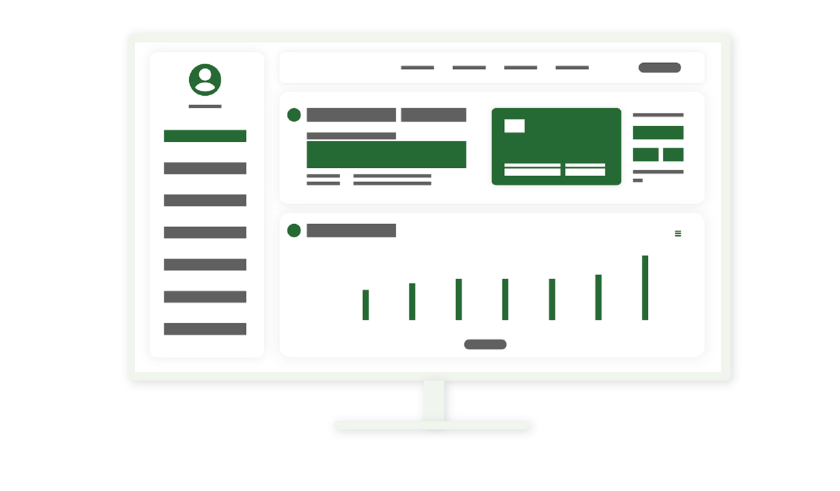The rapid development of information technology and the COVID-19 pandemic have triggered significant changes in how businesses carry out economic and financial activities; physical activities are now more limited and businesses are shifting their economic transactions to digital platforms.
This new economic behaviour also changes the banking industry, particularly in relation to the transformation from conventional banks to digital banks.
Digital banking
To facilitate the digitalisation of banking business and to ease investment in digital banking, the Indonesian Financial Services Authority (Otoritas Jasa Keuangan, OJK) introduced the concept of digital banks through OJK Regulation No. 12/POJK.03/2021 on Commercial Banks (OJKR 12/2021).
With OJKR 12/2021, a business can now establish a new bank with a digital banking business model (or transform an existing conventional bank into a digital bank).
Businesses must meet several regulatory requirements to do this, including (i) having one physical head office, (ii) having a business model with innovative and secure technology, (iii) having the ability to manage a prudent and sustainable digital banking business model, (iv) having adequate risk management, and (v) applying personal data protection.
The minimum capital injection is at least IDR 3 trillion ($203 million) when applying for the principle licence, which is lower than the IDR 4 trillion minimum capital injection for a conventional bank.
OJK’s strategy seems to be effective by the rising number of foreign and domestic investors acquiring shares in Indonesian small banks and conversion into a digital bank, including the acquisition of minority shares in PT Bank Jasa Jakarta by WeLab Ltd., and the acquisition of PT Bank Fama Internasional by PT Elang Media Visitama (a subsidiary of PT Elang Mahkota Teknologi Tbk). OJK expects more business players to tap into the Indonesian digital banking market in the next few years.
Digital transformation
In Q4/2021, OJK issued a blueprint for digital transformation in banking (the blueprint) containing basic principles in creating digitalisation policies to create an orderly and safe ecosystem for Indonesian digital banking transformation. The blueprint focuses on five areas: data governance, technology, risk management, collaboration and institutional arrangements.
With the main focus in these areas, the policies on digital banking acceleration are expected to encourage banks to create efficient, safe, and innovative banking services that fulfil customer needs and expectations.
One of the biggest challenges anticipated by the blueprint is the customer’s data protection due to lack of comprehensive regulations. Another challenge is the outsourcing activity, where some banks seem to outsource the information technology works to a third-party expert. This can potentially create strategic, operational and reputational risks.
These challenges require close and continuous supervision by OJK. It is important for OJK to understand the digital maturity level of the Indonesian banking industry as a basis to create the most effective guidelines and policies in view of accelerating banking digital transformation.
To assess the digital maturity level of the Indonesian banking industry, the blueprint introduces the Digital Maturity Assessment for Banks (DMAB), which will be used by OJK as a tool to monitor digital transformation by banks. However, this is still pending until further issuance of OJK’s implementing regulation.



